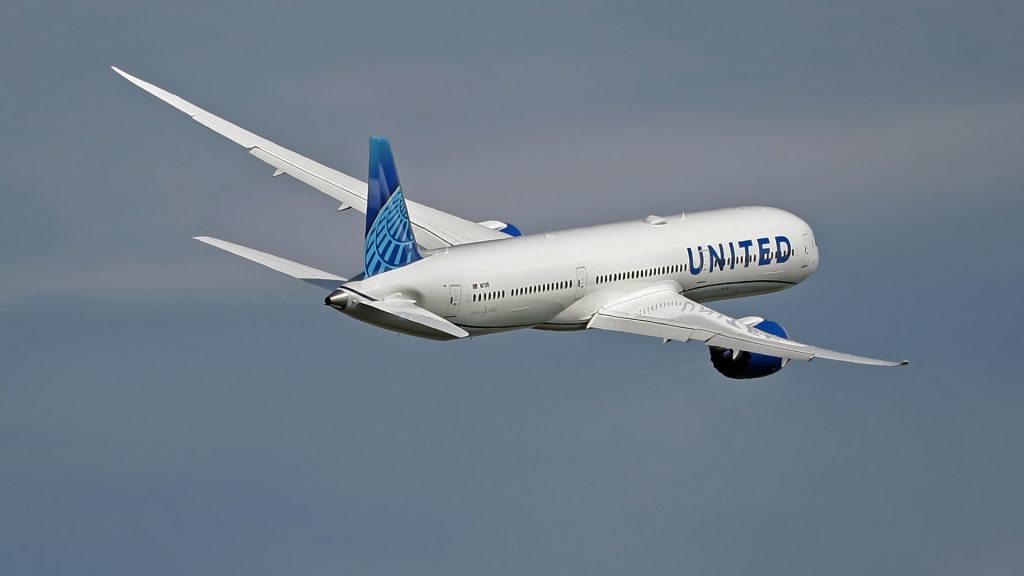United Airlines is asking pilots to take unpaid time off due to late-arriving aircraft from Boeing, impacting the airline’s growth plans. This request comes as a result of production problems and safety crises at Boeing, with United and other airlines previously experiencing a pilot shortage when demand surged following the end of the Covid-19 pandemic travel slump. The Air Line Pilots Association, the pilots’ union at United, stated that recent changes to Boeing deliveries have significantly reduced the airline’s 2024 forecast block hours, affecting multiple fleets beyond just the 787 and 737.
United Airlines has confirmed the request for voluntary unpaid time off and plans to pause pilot hiring this spring due to the late arrival of aircraft from Boeing. The union anticipates that United will offer more time off for the summer bid periods and potentially into the fall to mitigate the impact of reduced aircraft deliveries. United was initially scheduled to receive 43 Boeing 737 Max 8 planes and 34 Max 9 models this year, but now expects to receive fewer units following delays in production. In February, the airline also removed 80 Max 10 models from its delivery schedule due to uncertainties in the expected delivery period, as the model has not yet been certified by the FAA.
United CEO Scott Kirby has been vocal about the production problems and delivery delays at Boeing, particularly highlighting issues such as a door plug incident on a Boeing 737 Max 9 operated by Alaska Airlines. Boeing CEO Dave Calhoun recently announced that he will be leaving his position at the end of the year as part of a broader leadership shake-up within the company, which also includes the departure of the board chairman and head of Boeing’s commercial airplanes unit. Boeing, on the other hand, did not immediately comment on the situation at United Airlines and the impact of its production issues on the airline industry.
Overall, United Airlines’ request for pilots to take unpaid time off highlights the ongoing challenges faced by airlines due to production problems and safety concerns at Boeing. The reduced forecast block hours for United, stemming from delays in aircraft deliveries, have prompted the airline to adjust its hiring plans and offer voluntary time off to pilots. The impact of these production issues extends beyond just United, as other airlines have also experienced disruptions to their growth plans as a result of Boeing’s manufacturing challenges. As Boeing navigates through its leadership changes and seeks to address its production problems, airlines like United continue to adapt to the shifting landscape of the aviation industry.















